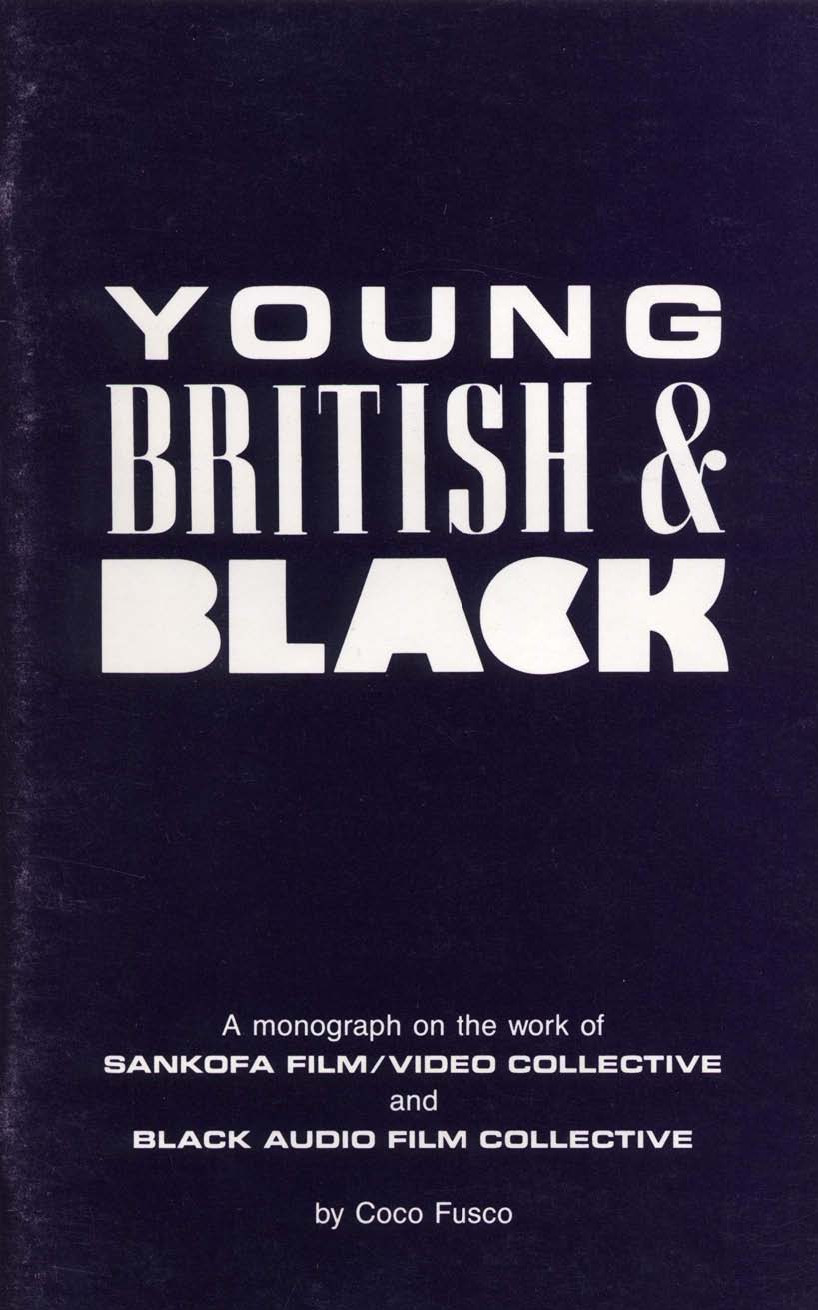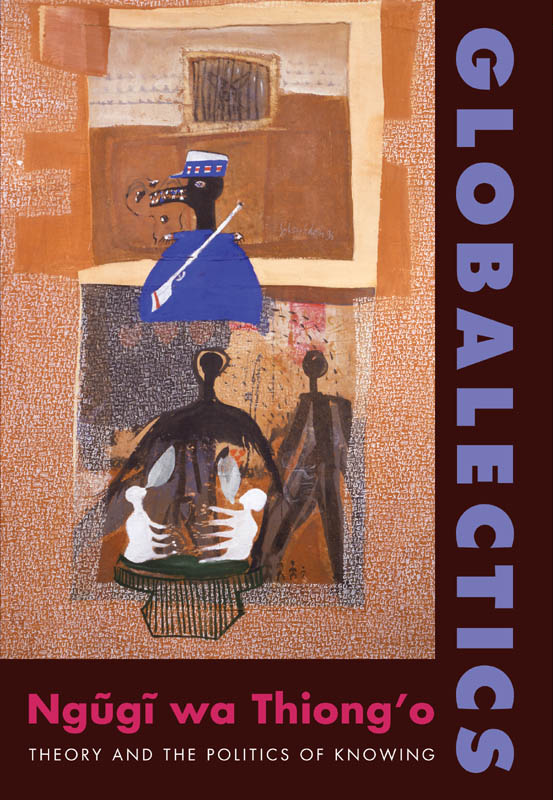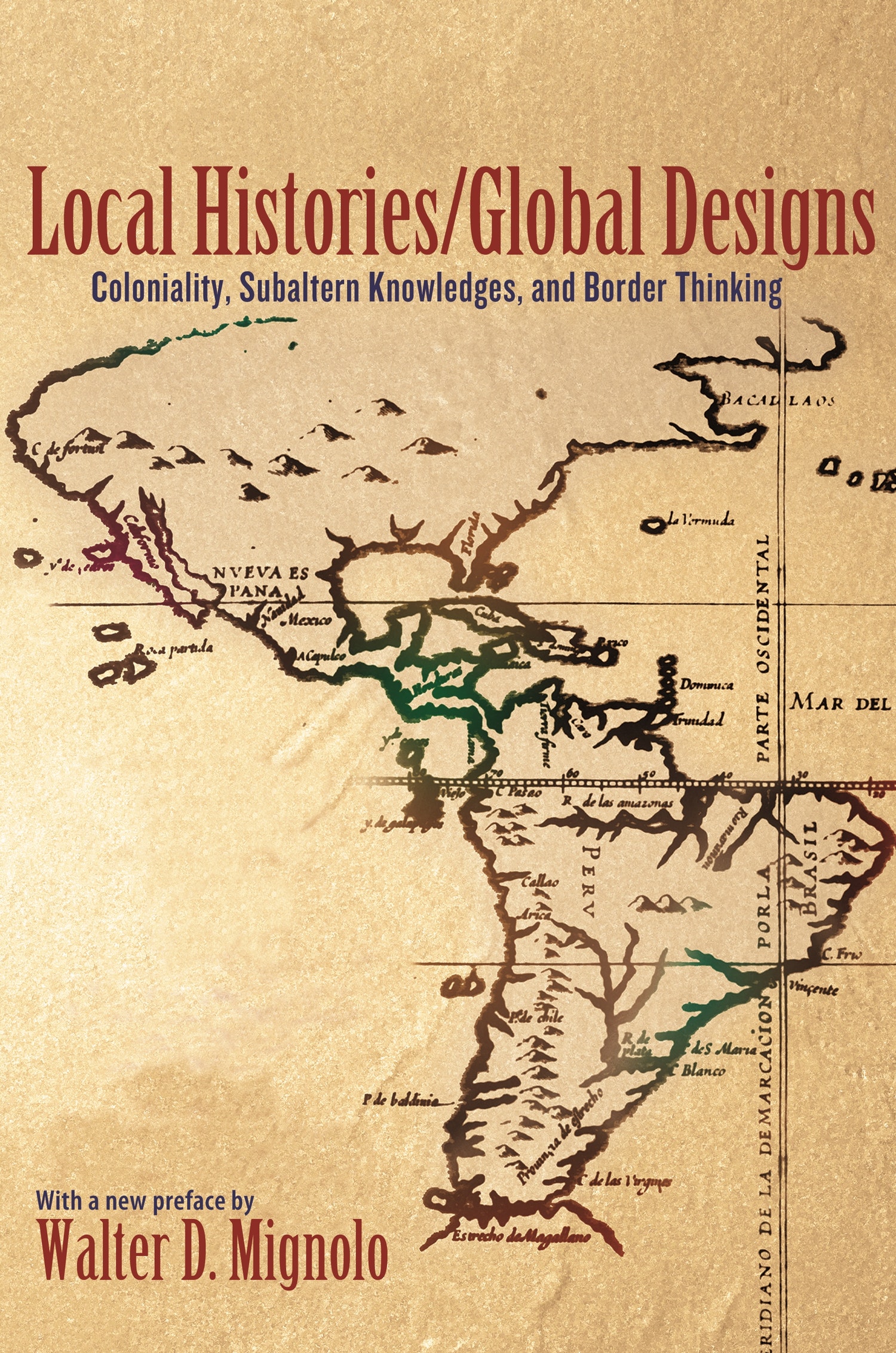Coco Fusco: Young, British and Black: The Work of Sankofa and Black Audio Film Collective (1988)
Filed under catalogue | Tags: · black people, documentary film, film, postcolonialism, third cinema, video

“Sankofa Film/Video Collective and Black Audio Film Collective are the most celebrated and controversial Black media groups to emerge from the British workshop movement of the 1980s. Their work focuses on the representation of the Black subject in mainstream and alternative media, also touching on such issues as institutionalized racism, sexual politics and national identity in postcolonial Britain. Challenging stylistic conventions of both documentary and fiction film, their work provides a basis for critical reflection on the history of Black film culture, Third Cinema, and their future directions.” (back cover)
Featuring essays “A Black Avant-Garde?” by Coco Fusco (originally published as “Black Filmmaking in Britain’s Workshop Sector” appearing in a 1988 issue of Afterimage Vol 14, No 7); “An Interview with Martina Attille and Isaac Julien of Sankofa Film/Video Collective,” and “An Interview with Black Audio Film Collective: John Akomfrah, Lina Gopaul, Avril Johnson and Reece Auguiste,” both interviews by Coco Fusco.
A publication designed to accompany a touring film exhibition of the same title curated by Coco Fusco and produced by Ada Gay Griffin.
Publisher Hallwalls, Contemporary Arts Center, Buffalo, NY, 1988
ISBN 0936739150, 9780936739151
65 pages
via publisher
Ngũgĩ wa Thiong’o: Globalectics: Theory and the Politics of Knowing (2012)
Filed under book | Tags: · africa, dialectic, globalisation, knowledge, literary criticism, literary theory, literature, neocolonialism, orality, politics, postcolonialism, theory

“A masterful writer working in many genres, Ngũgĩ wa Thiong’o entered the East African literary scene in 1962 with the performance of his first major play, The Black Hermit, at the National Theatre in Uganda. In 1977 he was imprisoned after his most controversial work, Ngaahika Ndeenda (I Will Marry When I Want), produced in Nairobi, sharply criticized the injustices of Kenyan society and unequivocally championed the causes of ordinary citizens. Following his release, Ngũgĩ decided to write only in his native Gikuyu, communicating with Kenyans in one of the many languages of their daily lives, and today he is known as one of the most outspoken intellectuals working in postcolonial theory and the global postcolonial movement.
In this volume, Ngũgĩ wa Thiong’o summarizes and develops a cross-section of the issues he has grappled with in his work, which deploys a strategy of imagery, language, folklore, and character to ‘decolonize the mind.’ Ngũgĩ confronts the politics of language in African writing; the problem of linguistic imperialism and literature’s ability to resist it; the difficult balance between orality, or ‘orature’, and writing, or ‘literature’; the tension between national and world literature; and the role of the literary curriculum in both reaffirming and undermining the dominance of the Western canon. Throughout, he engages a range of philosophers and theorists writing on power and postcolonial creativity, including Hegel, Marx, Lévi-Strauss, and Aimé Césaire. Yet his explorations remain grounded in his own experiences with literature (and orature) and reworks the difficult dialectics of theory into richly evocative prose.”
Publisher Columbia University Press, New York, 2012
Wellek Library Lectures in Critical Theory series
ISBN 9780231159500, 0231159501
xi+104 pages
Reviews: Publishers Weekly (2011), Corbin Treacy (Transnational Lit, 2012), Danson Kahyana (Slip, 2012), Geoff Wisner (Words Without Borders, 2012), M.A. Orthofer (Complete Rev, 2012), Jenna N. Hanchey (E3W Rev of Books, 2013), Devin Zane Shaw (Society+Space, 2013), Magalí Armillas-Tiseyra (E-Misférica, 2014), Oliver Lovesey (Cambridge J Postcolonial Lit Inquiry, 2014), Ndiritu Wahome (2016).
Comment (0)Walter D. Mignolo: Local Histories/Global Designs: Coloniality, Subaltern Knowledges, and Border Thinking (1999)
Filed under book | Tags: · anthropology, borders, colonialism, decolonization, epistemology, gender, globalisation, hermeneutics, history, knowledge, language, latin america, modernity, occidentalism, pluriversality, postcolonialism, subaltern studies, theory, zapatistas

“This book is an extended argument on the “coloniality” of power by one of the most innovative scholars of Latin American studies. In a shrinking world where sharp dichotomies, such as East/West and developing/developed, blur and shift, Walter Mignolo points to the inadequacy of current practice in the social sciences and area studies. He introduces the crucial notion of “colonial difference” into study of the modern colonial world. He also traces the emergence of new forms of knowledge, which he calls “border thinking.”
Further, he expands the horizons of those debates already under way in postcolonial studies of Asia and Africa by employing the terms and concerns of New World scholarship. His concept of “border gnosis,” or what is known from the perspective of an empire’s borderlands, counters the tendency of occidentalist perspectives to dominate, and thus limit, understanding.
The book is divided into three parts: the first chapter deals with epistemology and postcoloniality; the next three chapters deal with the geopolitics of knowledge; the last three deal with the languages and cultures of scholarship. Here the author reintroduces the analysis of civilization from the perspective of globalization and argues that, rather than one “civilizing” process dominated by the West, the continually emerging subaltern voices break down the dichotomies characteristic of any cultural imperialism. By underscoring the fractures between globalization and mundialización, Mignolo shows the locations of emerging border epistemologies, and of post-occidental reason.”
Publisher Princeton University Press, 1999
Princeton Studies in Culture/Power/History series
ISBN 0691001405, 9780691001401
xix+371 pages
Interview with author (L. Elena Delgado and Rolando J. Romero, Discourse, 2000)
Author on pluriversality (2013)
Review: Serge Gruzinski (Annales, 2002, FR).
Commentary: Linda Martín Alcoff (CR, 2007).
PDF (17 MB)
Comment (0)
